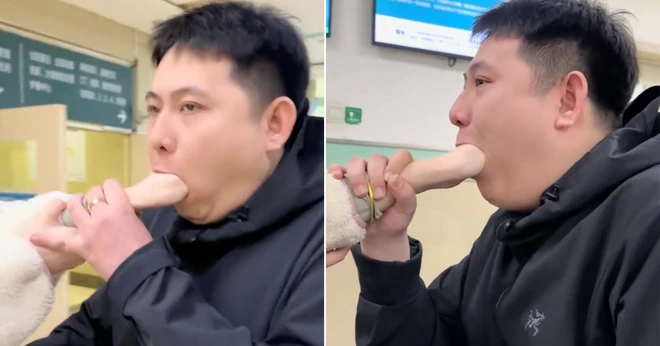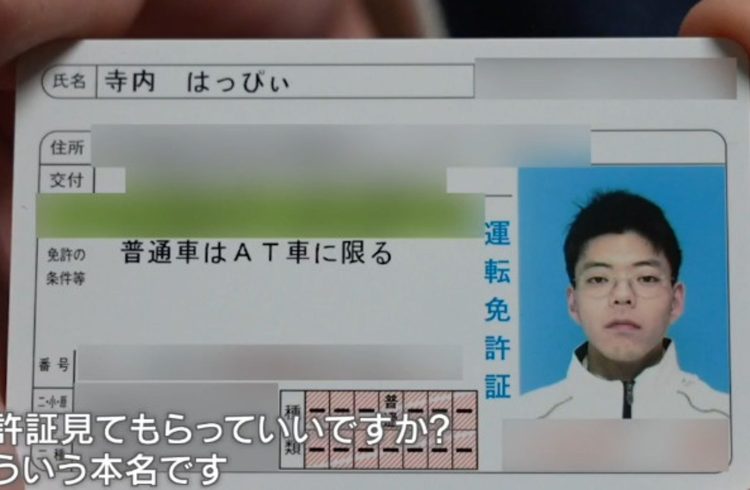Yukio Shige, a retired police officer from Japan, has devoted the past decade of his life to preventing suicides. After foiling hundreds of suicide attempts in little over a decade, the 70-year-old has come to be known as ‘chotto matte man’. In Japanese, ‘chotto matte’ translates to ‘hold on, wait!’
In the last 11 years, Yukio Shigehas has managed to save over 500 lives – a significant number even in Japan, a country with one of the highest suicide rates in the world. He patrols the Tojinbo cliffs, in Fukui Prefecture – a popular tourist site that is also notorious for suicides. He goes there every single day, with three other volunteers. Together they use binoculars to spot people who might be contemplating suicide, and try to talk them out of it.
Photo: video caption
Yukio revealed that his crusade against suicide began only after he himself experienced the pain of losing someone very dear. A few years ago, he got a call from the police informing that his friend had ended his life. “They told me he killed himself. He rented a car in north eastern Japan and drove into the ocean.”
“I’ve seen so much grief,” Yukio said. “I don’t wish to hear any more mourning. If you stop and picture that scene; someone sitting and believing that their only option is to end everything, alone with their shadow, I truly feel that they want help. They want someone to step in and save them.”
“We take those that want our help to the six apartments we own, so that they can repair and rebuild their lives. We help them get their lives back,” he added. “This is what I do.”
Photo: video caption
One of the first encounters that Yukio had with suicidal people was in 2003. Yukio was on one of his last patrols before retirement, when he met an elderly couple who owned a pub and were up to their necks in debt. They told him of their plan to plunge into the sea at sunset.
“Chotto matte,” he had said to them, back then. He then called for a patrol car and took them to a public welfare bureau, where he tried to get them welfare support. Sadly, they were denied welfare and five days later, they hanged themselves. The incident shook Yukio to the core, and his resolve to fight suicide only grew stronger.
Yukio says that his experience has taught him a lot about what not to say to suicidal people. One time, when he happened to be out of town, Yukio’s volunteer friends spotted young woman looking down from the top of a cliff, ready to jump. When one of them approached her, she said, “Don’t talk to me for 10 minutes.” But within minutes, several police officers had gathered around and an ambulance was summoned as well. They all tried to talk her out of jumping for five hours straight. In the end, she said, “Sayonara,” and jumped.
When Yukio returned, he demanded to know what the police had said to the woman. “They said, ‘Think how your mother and father must be worrying,” the volunteer told him. Yukio went red with anger. “That’s the worst thing possible!” he shouted.
He explains that there’s only one way to deal with people on the brink. “You yourself must help them get back on their feet, work with them to solve their problems. If they’re in debt, I take them to legal aid people; if they’re out of work, I take them to the Hello Work employment agency; if they’re homeless, I take them home with me.” If it’s some kind of trouble at work, Yukio goes to the workplace himself and tries to sort things out.
Yukio’s story reminds us of The Angel of the Gap, Don Ritchie, who spent 50 years saving the lives of suicidal people. During his lifetime, he managed to save at least 160 people from plunging to their deaths at ‘the Gap’, Australia’s most notorious suicide spot.
Sources: Japan Today, The Independent








